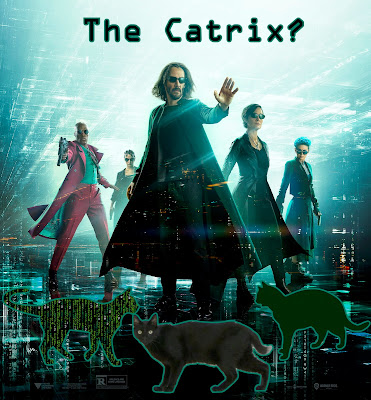This is a sample chapter from my Systematic Theology project "Theology for Thriving". 📎MORE TO THE STORY notes are not part of the main text of the book, but additional resources, charts, or other materials from Biblical Theology class resources.
Genesis 17.1-7, 17-20 [1] When Abram was ninety-nine years old, the LORD appeared to Abram, and said to him, “I am God Almighty; walk before me, and be blameless. [2] And I will make my covenant between me and you, and will make you exceedingly numerous.” [3] Then Abram fell on his face; and God said to him, [4] “As for me, this is my covenant with you: You shall be the ancestor of a multitude of nations. [5] No longer shall your name be Abram, but your name shall be Abraham; for I have made you the ancestor of a multitude of nations. [6] I will make you exceedingly fruitful; and I will make nations of you, and kings shall come from you. [7] I will establish my covenant between me and you, and your offspring after you throughout their generations, for an everlasting covenant, to be God to you and to your offspring after you... [17] Then Abraham fell on his face and laughed, and said to himself, “Can a child be born to a man who is a hundred years old? Can Sarah, who is ninety years old, bear a child?” [18] And Abraham said to God, “O that Ishmael might live in your sight!” [19] God said, “No, but your wife Sarah shall bear you a son, and you shall name him Isaac. I will establish my covenant with him as an everlasting covenant for his offspring after him. [20] As for Ishmael, I have heard you; I will bless him and make him fruitful and exceedingly numerous; he shall be the father of twelve princes, and I will make him a great nation.


















